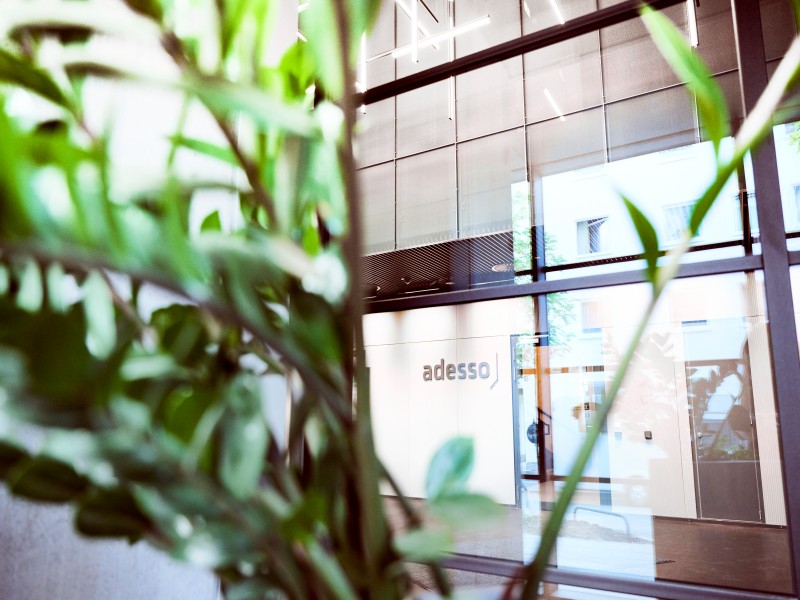3. September 2025 By Gabriel Sedlmayer
AI and Sustainability: Potential, Limits, and Responsibility
Artificial Intelligence (AI) is currently being hailed as the solution to nearly everything—from more efficient production to saving the climate. It is also gaining traction in discussions around the United Nations Sustainable Development Goals (SDGs). However, not everything that is technically impressive is automatically meaningful. This article takes a nuanced look at how AI can truly contribute to achieving the SDGs—and under what conditions. It is about opportunities, limitations, and why technological innovation alone is not enough to drive sustainable impact.
AI for Sustainability – Between Ambition and Reality
The conversation around AI and sustainability is full of contradictions. On one hand, AI is a key innovation driver in data-intensive fields that are highly relevant to sustainability—from climate and energy data analysis to predictive urban planning. On the other hand, training and operating large AI models is extremely resource-intensive, especially in terms of electricity, hardware cycles, and cooling.
Thus, the core question is not: Is AI sustainable?
But rather: Under what conditions and in which application areas can AI make a credible contribution to the SDGs without creating new ecological or social conflicts?
Where Can AI Make a Difference?
Not every AI application automatically supports a sustainability goal. Impact arises when technology, data availability, and social and local context align meaningfully. Here are selected SDGs where AI can play a role:
SDG 3 – Good Health and Well-being
AI can support diagnostics, therapy, and healthcare planning. Deep learning in medical imaging helps detect diseases like cancer or strokes earlier and more accurately. Combined with patient histories, this enables personalized treatments. In Switzerland, AI is already used in radiology, oncology, and triage—often as decision-support tools rather than replacements for doctors. Responsible use requires transparent algorithms, validated data, and ethical safeguards.
SDG 7 – Affordable and Clean Energy
AI helps manage decentralized energy systems. Predictive analytics and pattern recognition allow real-time modeling of electricity consumption and renewable energy input. In Switzerland, with growing solar power and electrification, AI is key to balancing energy flows dynamically and efficiently.
SDG 4 – Quality Education
AI can improve access to and quality of education through adaptive learning platforms, translation tools, and support for people with disabilities. However, this requires digital infrastructure, data protection, and algorithmic fairness—especially in diverse, multilingual societies.
SDG 13 – Climate Action
AI supports climate modeling, emissions analysis, and early warning systems. In Switzerland, it is used for climate-focused urban planning and digital CO₂ accounting. The focus is on early detection and response—not prevention—of climate events.
SDG 11 – Sustainable Cities and Communities
From traffic management to waste collection and building automation, AI can help cities use resources more efficiently and improve quality of life. The challenge lies in integrating these technologies into existing infrastructure in a secure and privacy-compliant way.
SDG 16 – Peace, Justice, and Strong Institutions
AI can make government processes more efficient and transparent. NLP tools for legal text analysis, fraud detection systems, and automated grant reviews are just a few examples. However, these systems must be explainable, auditable, and ethically grounded.
Systemic Requirements for Sustainable AI
Sustainable AI is not just a technical challenge—it is a socio-technical one. It requires:
- Governance structures for development and deployment
- Tech decisions based on sustainability criteria
- Responsible data handling (bias, diversity, fairness)
- Interdisciplinary collaboration across IT, sustainability, law, ethics, and business
- Green energy and sustainable hardware sourcing
Opportunities for Switzerland
Switzerland’s high digital maturity, strong research institutions, and stable regulatory environment make it well-positioned to lead in responsible AI aligned with the SDGs. However, its federal structure also demands high standards for standardization, governance, and data sovereignty.
Conclusion
AI can help tackle systemic challenges—from health to energy to climate. However, to truly drive sustainable development, it needs clear frameworks, interdisciplinary responsibility, and targeted deployment. Swiss companies have the opportunity to lead with impactful, transparent, and ethically grounded AI. The key is not just what is technically possible—but what is meaningful, effective, and responsible.

